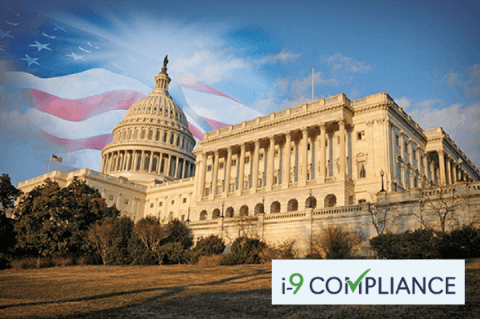White House Announces 2022 Immigration Agenda Including Several of the Previous Administration’s Plans

The current administration is continuing to work on some of the plans that were made during the previous administration to change the H-1B visa program. These plans include increasing the wages of the H-1B workers.
The regulatory agenda the current administration is planning for the coming year for its agencies that are involved in immigration gives a basic outline of its intended immigration policy for the first six months of 2022. This outline includes rules that will affect student visas, the H-1B visa program, as well as premium processing and filing fees.
Here are some of the changes the current administration is planning for in 2022 for employment visa programs. Although, these are just plans and may not actually happen.
Business Visa Change
The State Department intends to stop permitting the entry of foreign nationals into the U.S. with B-1 business visas in order to engage in short-term H-1B work. However, these visas will still be issued to foreign nationals that intend to perform allowable business activities.
H-1B Visa Program Reforms
The U.S. Citizenship and Immigration Services (USCIS) is planning on proposing a rule that would change some parts of the H-1B visa program that was originally proposed by the previous administration. However, some of the previous administration’s rules are likely to be included in the new proposal.
The USCIS has stated that the rule will:
- Explain the rules that apply to F-1 students who are waiting to have their status changed to H-1B.
- Explain that if there is a material change in an H-1B worker’s employment, including a new worksite location, an amended or new H-1B visa petition needs to be filed.
- Create new guidelines for visits to an employer’s site.
- Redefine the H-1B employer-employee relationship.
Increased Filing Fees
The State Department is expected to raise the fees for filing visa applications at consulates in January. Then, in March, they are expected to raise petition and application fees. These fees are intended to cover operating costs.
Expanded Premium Processing
The USCIS intends to expand its premium processing to additional applications and petitions for employment-based immigration programs. These applications and petitions would include applications to change or extend status for the dependents of H-1B and L-1 workers, applications for employment authorization, and Form I-140 petitions for EB-1 multinational executives and managers. The USCIS hopes to issue a final rule by the end of the year that would implement the legislation authorizing the agency to provide this additional service.